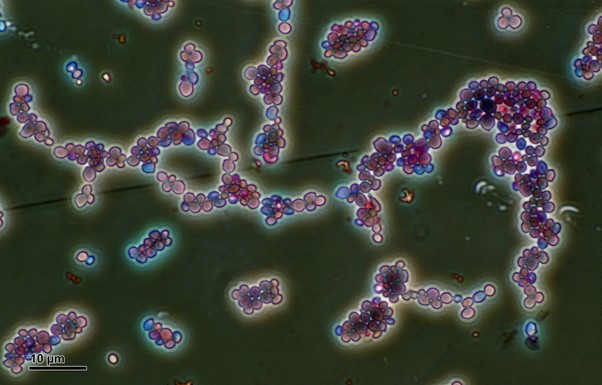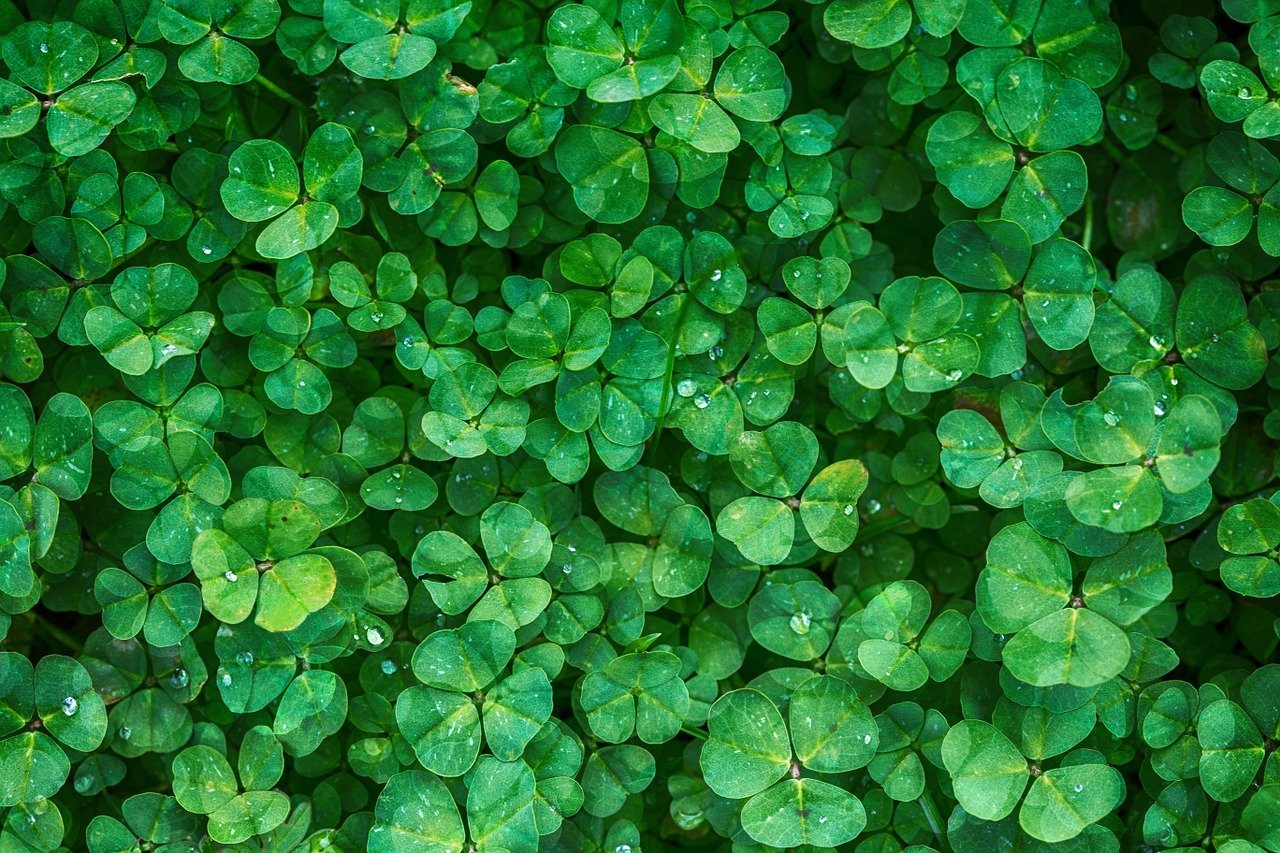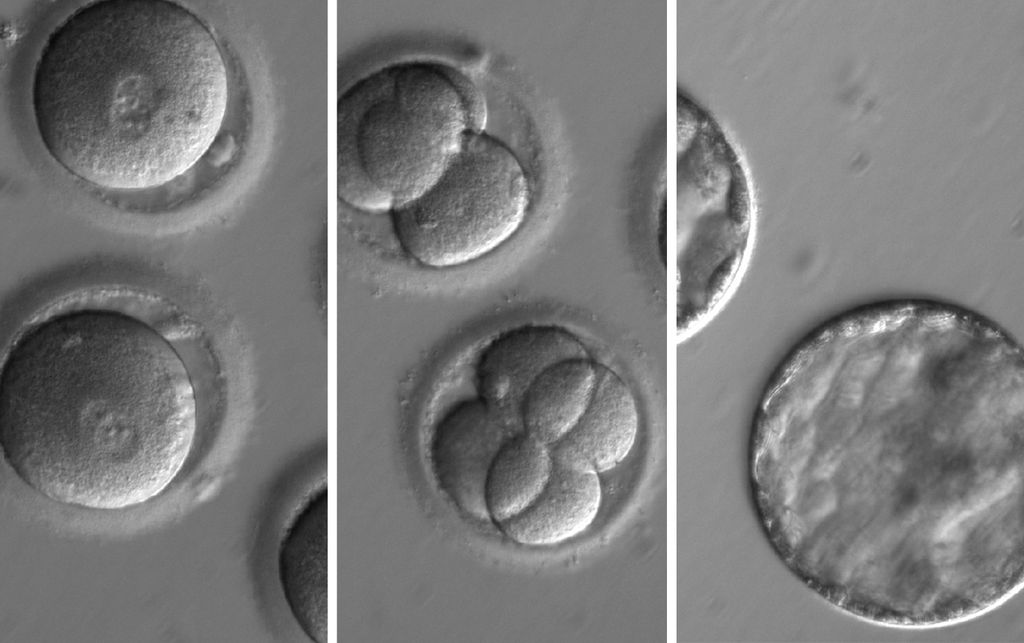

Efforts to make use of mangrove plants to meet the increasing need for food production in the wake of a growing world population could get a major boost with a team of Indian researchers reporting a reference-grade genome of a highly salt-tolerant mangrove species called Avicennia marina. It grows optimally in 75% seawater and can tolerate even 250% seawater.

Scientists have demonstrated an effective way of using a gene-editing tool to correct a disease-causing gene mutation in human embryos and stop it from passing to future generations.

Internet is huge! Help us find great content
Never miss a thing! Sign up for our newsletter to stay updated.
Research Stash is a curated collection of tools and News for S.T.E.M researchers
Have any questions or want to partner with us? Reach us at hello@researchstash.com